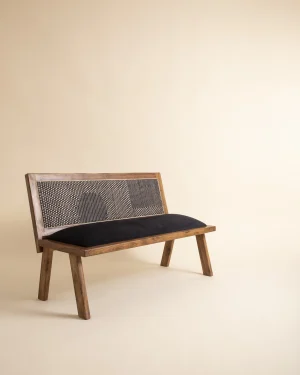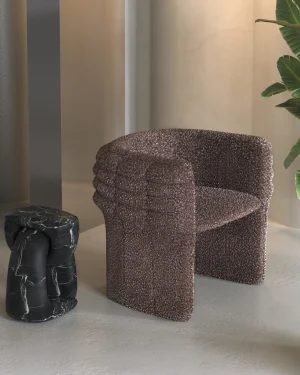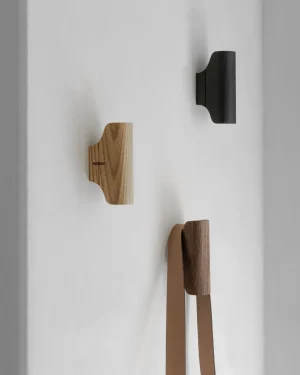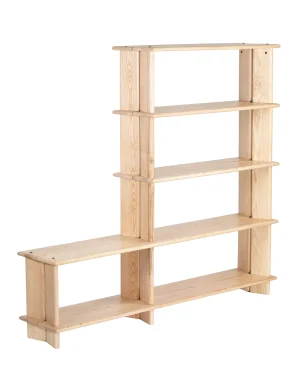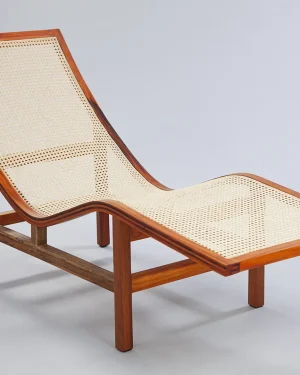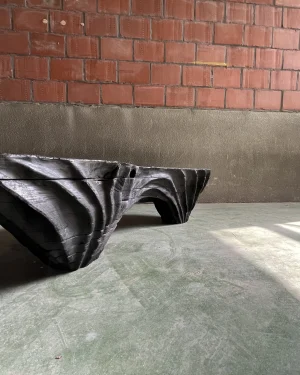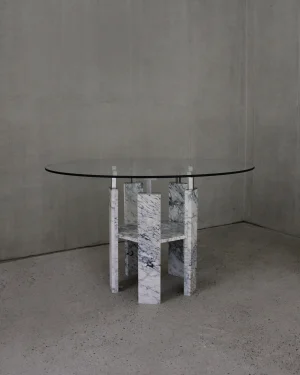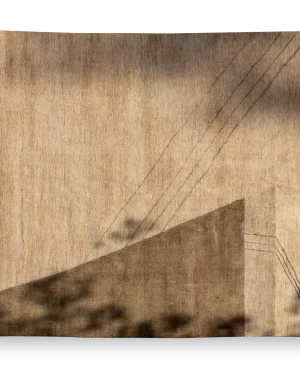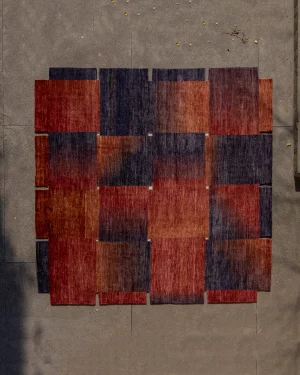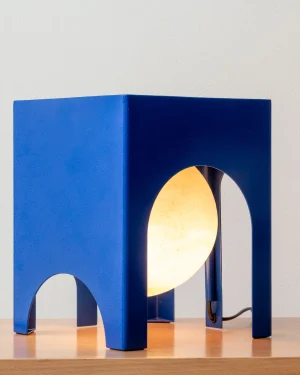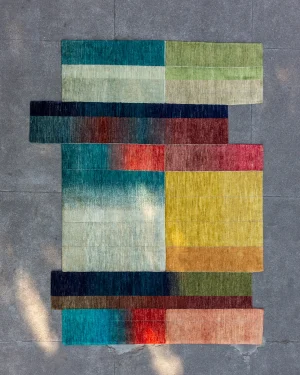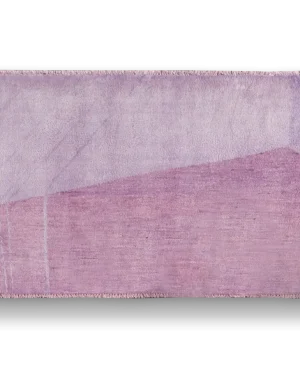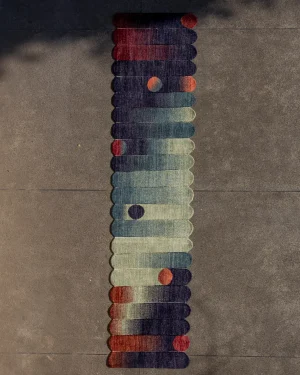Meherunnisa Asad is a multi-disciplinary artist and designer born in Peshawar, Pakistan. As someone who grew up in a region that is deeply affected by conflict with a massive influx of individuals displaced by the war in Afghanistan, Asad’s work is often inspired by ways in which people find space for beauty amidst unimaginable hardships. Her practice explores the storytelling power of craft, while collaborating with local and displaced Afghan master artisans, and hence its potential for reshaping identity.
From an early age, Asad was surrounded by art and antiques - the fabled bazaars of the historic city of Peshawar were a few kilometres away and many an afternoon was spent rummaging through shops with her mother and siblings. These childhood experiences piqued her interest in decorative art forms which was further crystalized through her position as conservation architect at the Aga Khan Historic Cities Program’s ‘Lahore Walled City Restoration Project’.
As Artistic Director, Asad has carried Lél, the collective founded by her mother Farhana Asad three decades ago to international acclaim exhibiting at major biennales, art and design shows and featured in leading press.
Asad is an awardee of the Gates Foundation. She is a graduate of the National College of Arts, Lahore and Pratt Institute, New York.
Studio Lél is a Peshawar-based artistic collective dedicated to preserving and re-interpreting the 16th century Italian and Mughal art of Pietra Dura also known as stone inlay. Lél's work may very well represent the gray space between fine art, design and craft.
The art of pietra dura ‒ also referred to as parchin kari in South Asia ‒ originated out of the ancient Roman opus sectile technique, later finding not only its revival but also reaching its highest pinnacle of development in the hands of the Florentines during the Italian Renaissance of the 16th century. To them, this act of the meticulous cutting and fitting of stones into intricate and exquisite forms was synonymous with the act of painting ‒ ‘painting in stone’. Within the century, pietra dura would find its spread extending to Russia, Iran and across the South Asian region, into Afghanistan, India and Pakistan, under the patronage of the Mughals.
Studio Lél’s founder, Farhana Asad, became fascinated by the technique of inlaid stonework when she came across an exquisite box in a bazaar in northern Pakistan 30 years ago. She eventually tracked down its maker, an Afghan craftsman who agreed to give her lessons in the technique in her garage at home. Ever since, the Lél artist collective that Asad founded has opened its doors to both local craftsmen and those escaping the war and worked to preserve the craft’s knowledge and skills for future generations.
Lél represented Pakistan at the London Design Biennale 2021 and has exhibited at international shows Design Miami, London Design Fair, Sharjah Art Week and Salone del Mobile. It has featured in publications such as the Financial Times, Vogue, Elle Decoration, Guardian, Asia Society, Harper’s Bazaar Interiors, Forbes and others.






